Kepler is the Mobile Theatre Coordinator at the Omaha Community Playhouse. This theatre provides an immersive theatrical experience for children with various accessibility needs that would not otherwise be met at a traditional theatre.
Theatre is a lot of things; it is entertaining, expressive and a celebration of real human experiences. Unfortunately, these experiences are not always accessible for a myriad of reasons. There are economic, physical and sensory barriers keeping people out of the theatre. Kepler is working to break down these barriers. The show caters to those with sensory needs and the theatre is fully funded by sponsors and donations so there is no charge for tickets.
Kepler explains that when you hear the word disability, people tend to think of physical limitations. While making those accommodations is important, there are several other ways to be accessible.
“Everyone benefits from accessibility…there are a lot of things that can be overwhelming for a neurodivergent person,” said Kepler.
Kepler attributes her ability to utilize theatre in this unique way to her education at the SUNY Brockport Theatre Department. The theatre program does not limit students to any one aspect of theatre, but it is rather the study of theatre as a whole.
“I studied theatre and got to do a little bit of everything… the chance to be in a small program where it wasn’t just you’re only acting or you’re only designing,” said Kepler.
During her education at Brockport, she also completed an internship with GEVA Theatre. She says this internship launched her career and that because of the connections she made during this internship, she was able to get a job in the arts as soon as she graduated. SUNY Brockport continues to have an alliance with GEVA Theatre.
This well-rounded education has prepared her to be the jack of all trades she is today. At the mobile sensory theatre, she works as a director, stage manager, actor, writer, and takes care of scheduling and running the social media. The sheer amount of work she puts into this speaks to the passion she has for this project. She describes seeing a neurodivergent child experience theatre for the first time as magic.
According to Kepler, performing in the show feels less like acting and more like teaching in costume. The show is highly improvisational depending on the audience member. For instance, if a child is chattier the actors will interact with them more. If a child is nonverbal, they will stick to the script more. The show is ever-changing, it cannot be ‘standard’ because there is no ‘standard’ child. Everyone is different and they make adjustments to each person. While the details of the show change, the themes stay the same. It teaches the kids to advocate for themselves, celebrate what makes them unique; and have empathy for others.
Chair of the SUNY Brockport theatre department Frank Kuhn reflects on having Kepler as a student. Kuhn credits Kepler’s selfless accomplishments less to her training and more to who she is as a person. Kuhn recalls Kepler being especially engaged in the material of her theatre classes and having a drive to learn. The mobile sensory theatre also reminded Kuhn of a theatre company he was a part of in the 70s.
“I worked at the Free Street theatre in Chicago, and they were notable because they were integrated,” said Kuhn
This was also a traveling company that coined the name “Free Street Theatre” because they performed in the street. The overarching question was how to make theatre accessible.
“Bring it to them, what a great solution!” said Kuhn.
Kuhn highlights that for theatre to be accessible as a culture we need to redefine what popular theatre looks like.
“Theatre can be two guys standing on the corner doing something that’s meaningful,”said Kuhn.
SUNY Brockport Professor Danny Hoskins shares this passion for teaching children to be as loving and supportive as they can be through the joy of theatre. Hoskins worked with Kepler when he hired her as the Production Stage Manager at the Rochester Children’s Theatre.
Hoskins is the co-director and co-producer of Imagination Station, a live theatrical children’s programming at Blackfriars Theatre in Rochester, New York. Imagination Station is a variety show that includes singing, dancing, storytime, and crafts. The host is Ed Popil, better known as his drag persona Mrs. Kasha Davis.
According to Hoskins, all the stories throughout the performance teach kids how to be more inclusive, supportive, empathetic and kind.
Theatre in a broad sense is not designed for children. It requires sitting still for long periods of time and not getting up or being disruptive. This program shows that spaces can so easily be adapted to accommodate everyone. The show also has two sign language interpreters because Rochester has a notably high deaf population.
Mrs. Kasha Davis is a woman of many catchphrases, with one in particular being especially applicable to the themes being taught during Imagination Station: “If you see someone different in the world, treat them with kindness.”
In the future Kepler plans to expand the theatre as well as add sensory friendly productions to the main stage of the Omaha Community Playhouse. Theatre should be a safe place of expression for both actors and audience members. We cannot yet say that the theatre is a completely accessible space, but we can find hope in the knowledge that there are people in the community making progress and one day we can have pride in calling the arts accessible.

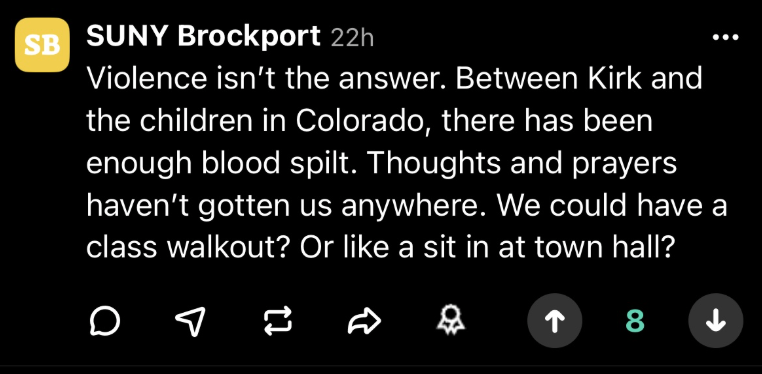
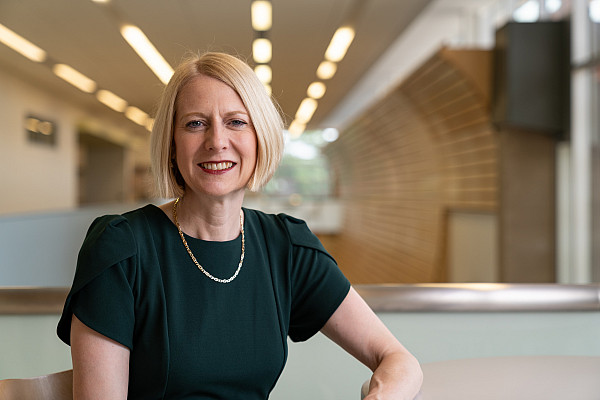
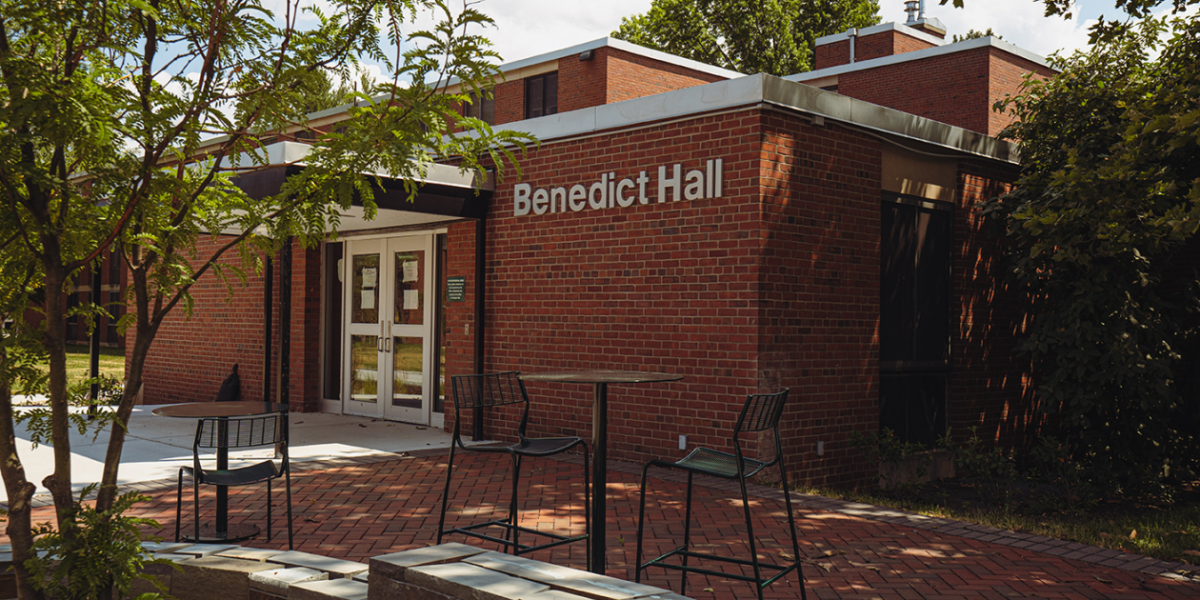
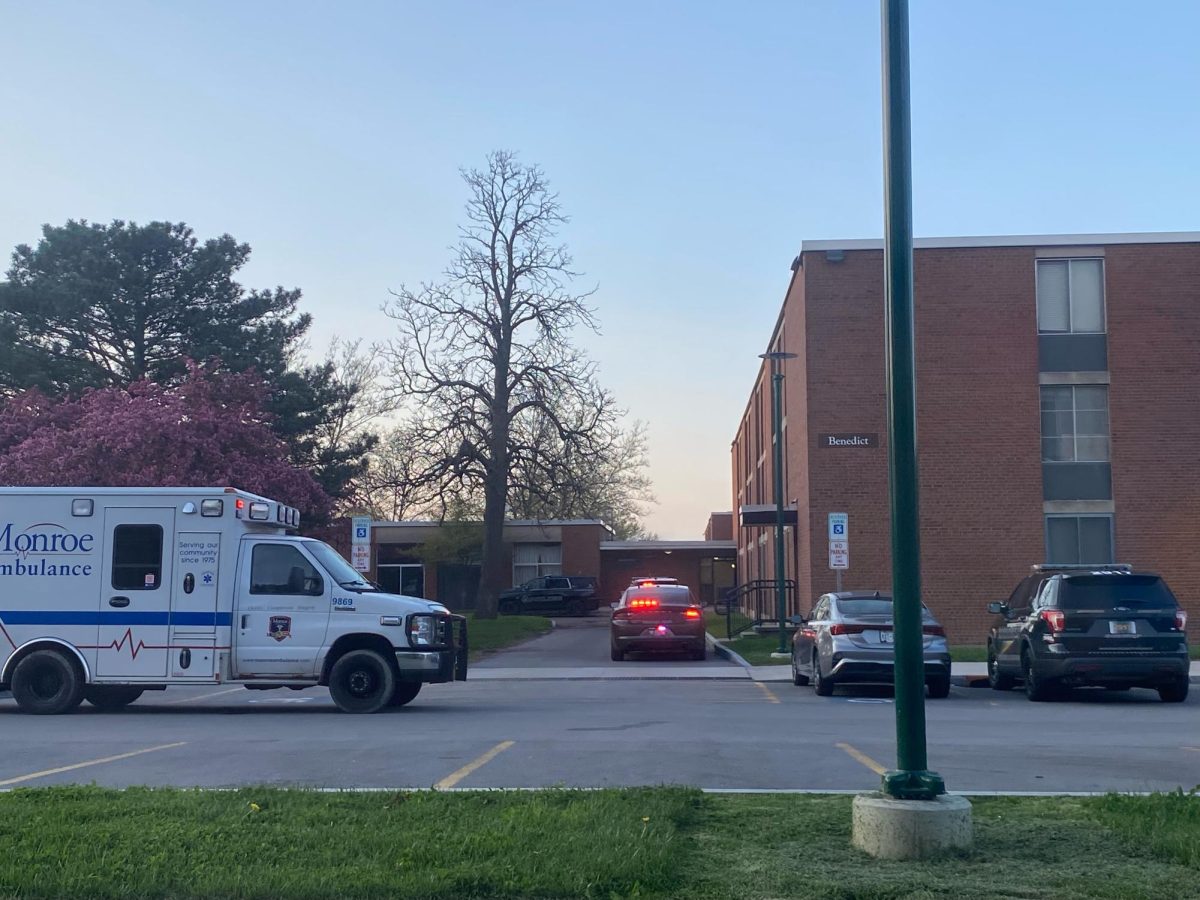
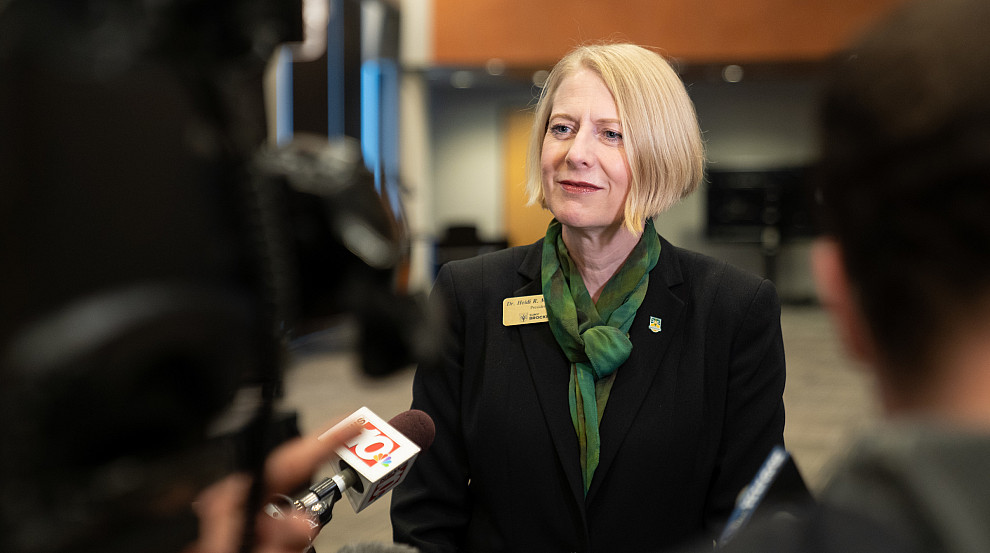
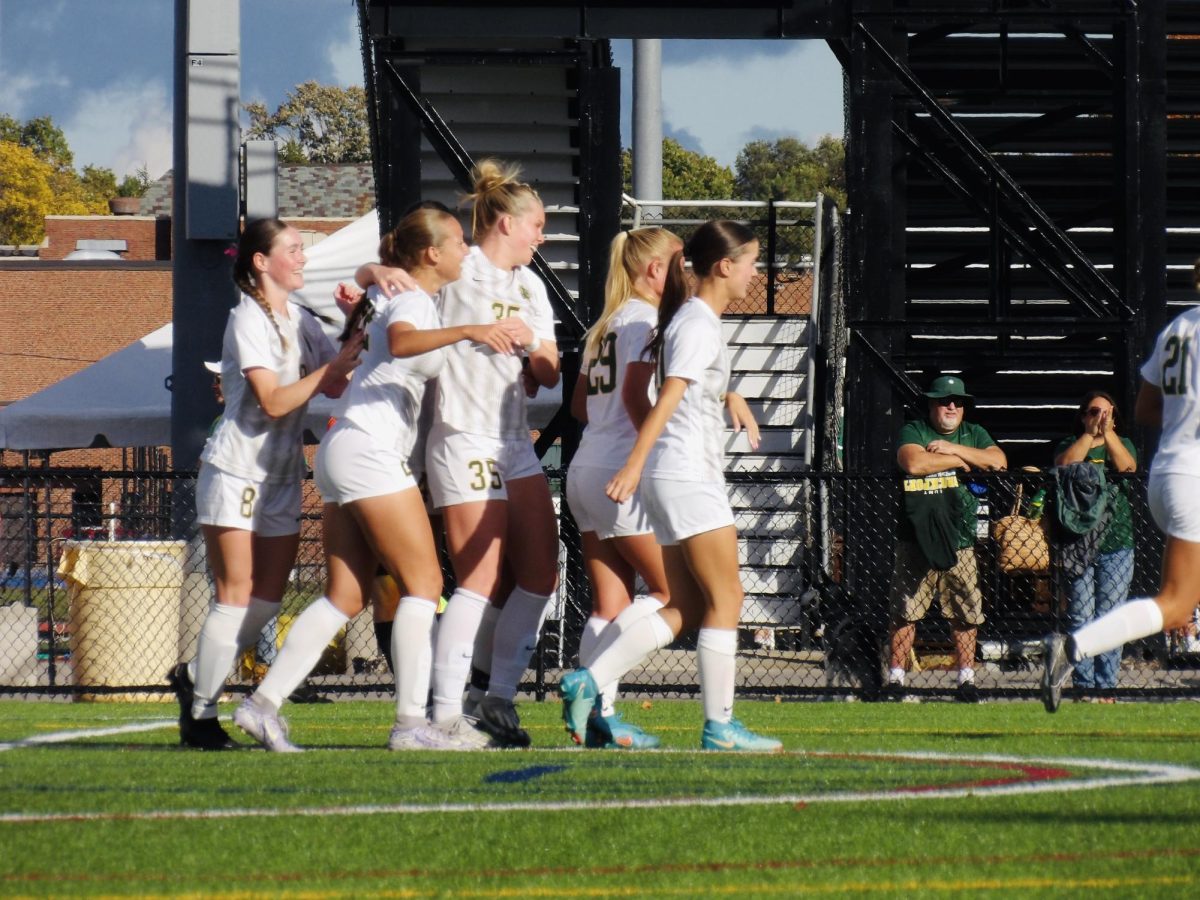
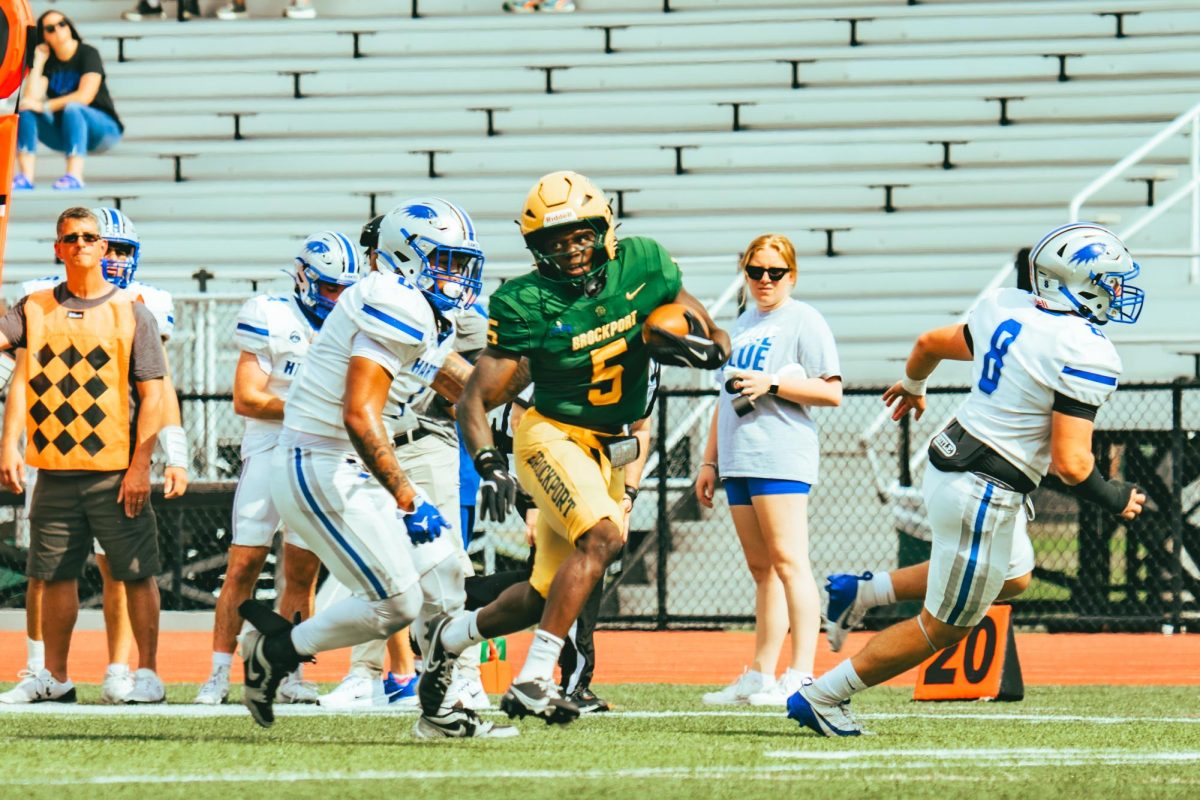
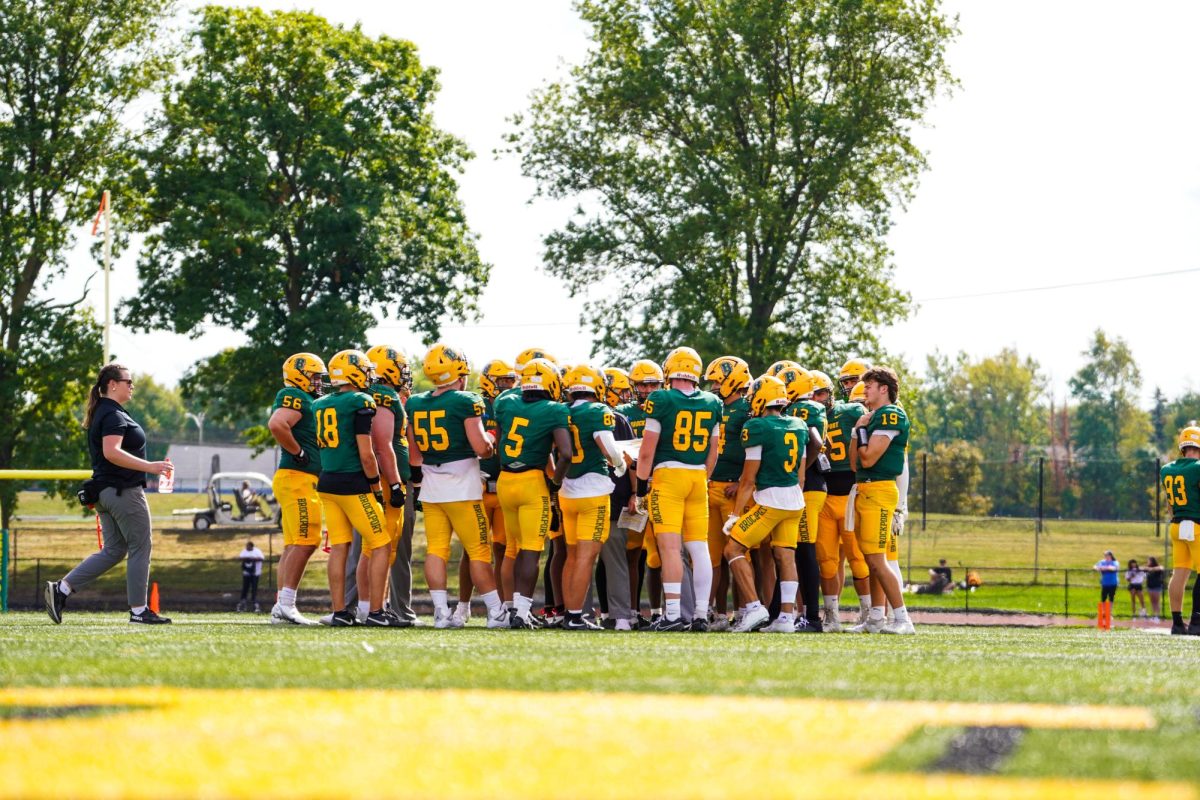

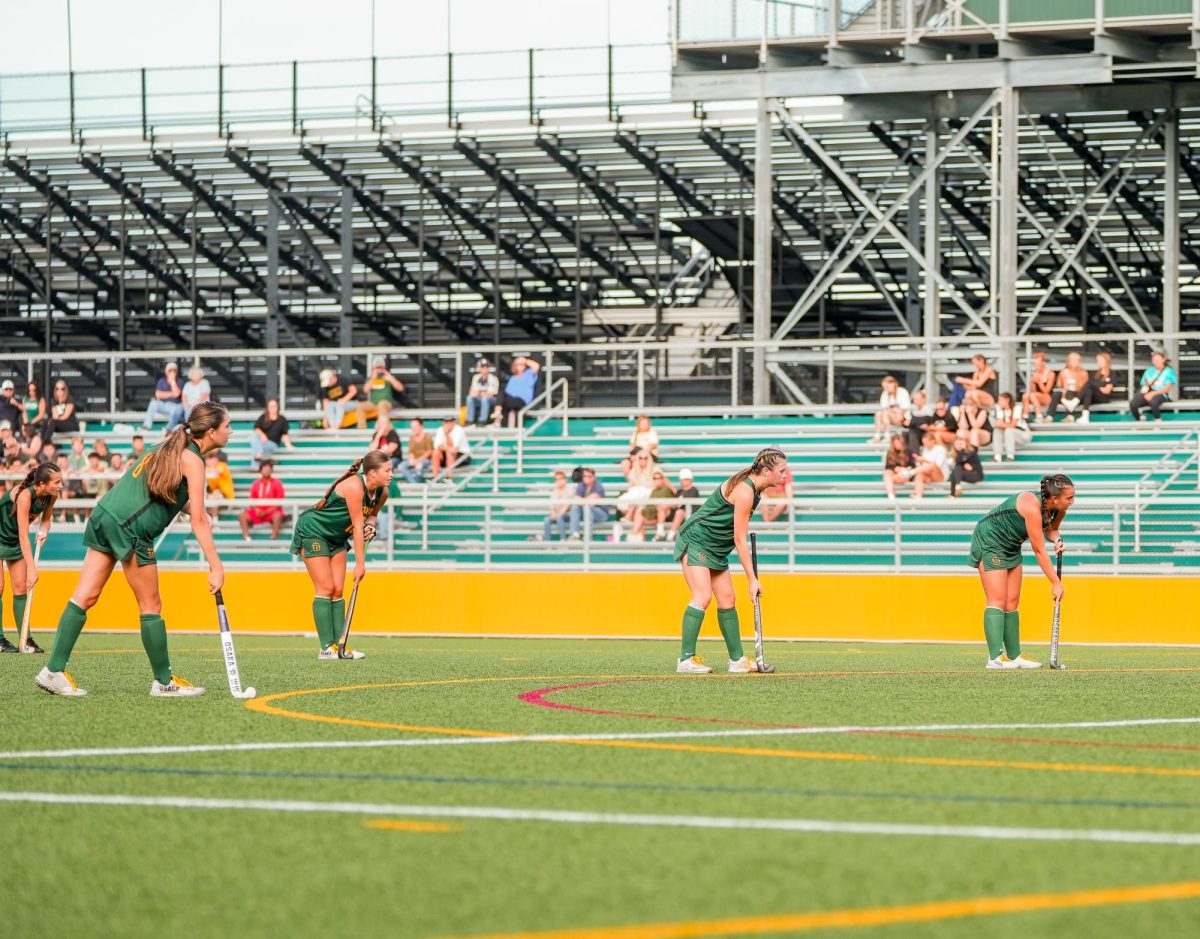





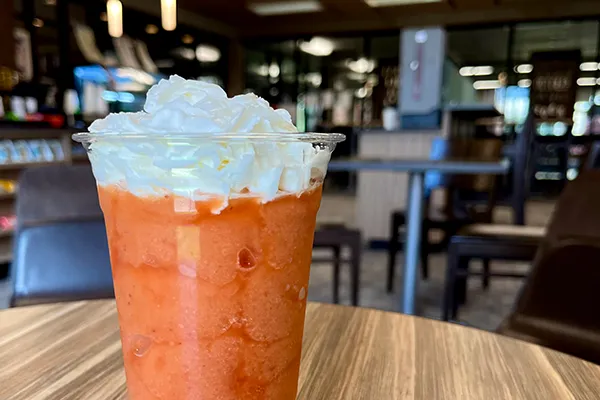



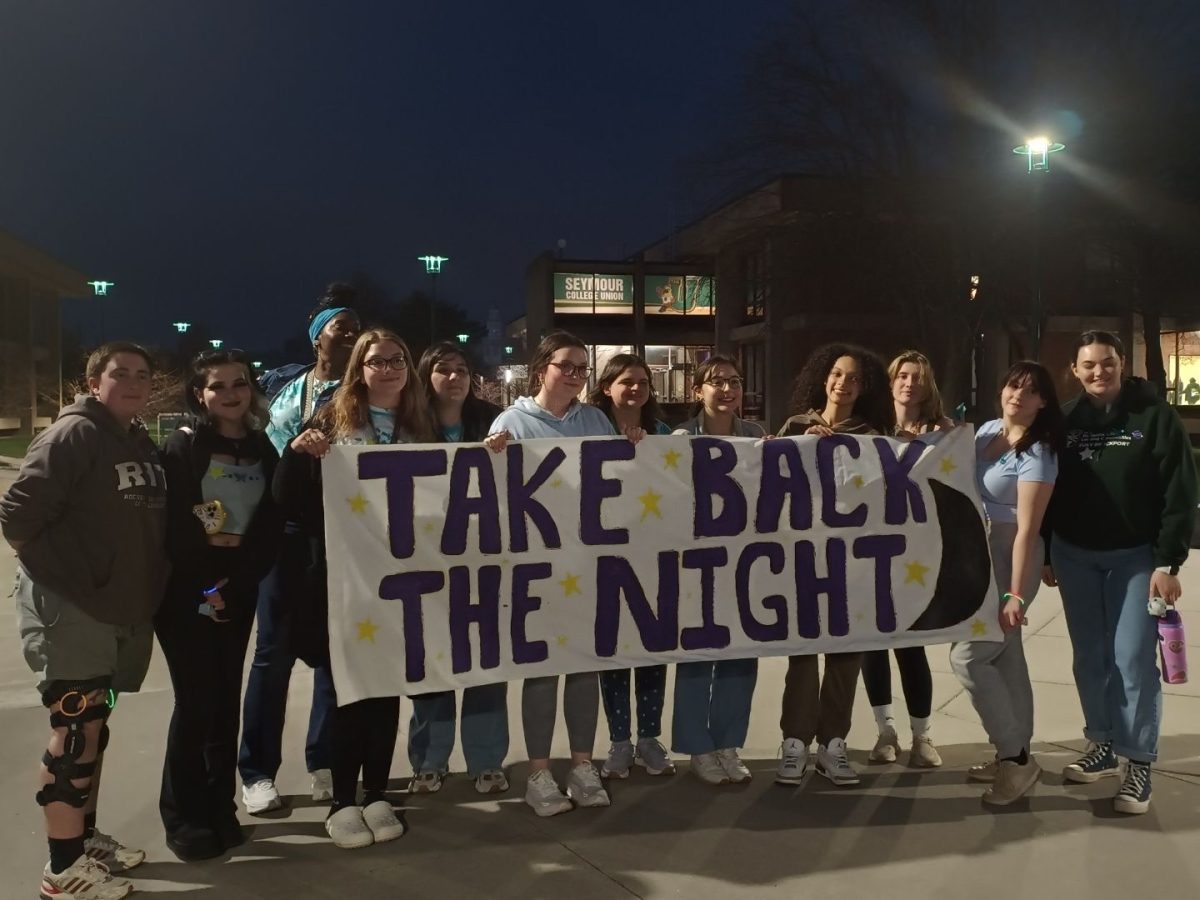

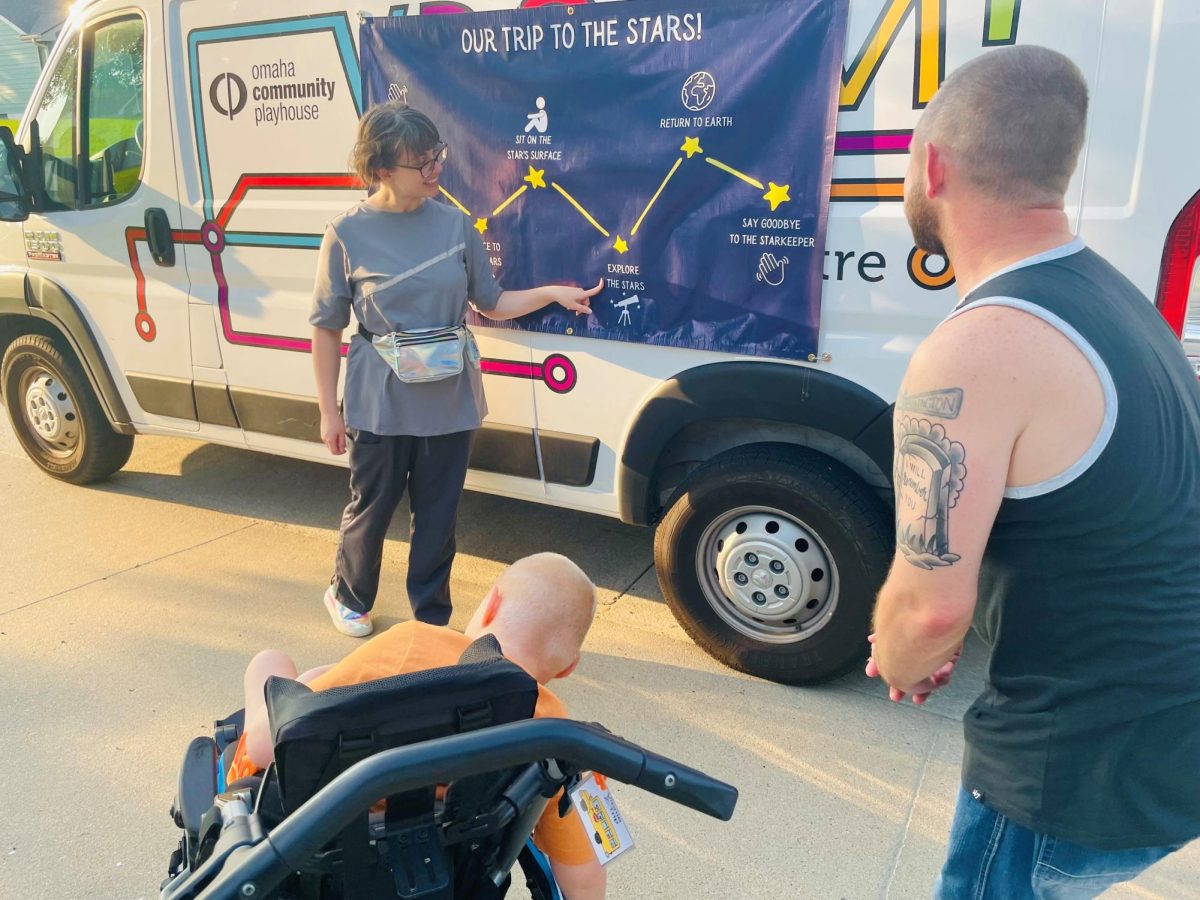
Frank Kuhn • Apr 10, 2024 at 3:15 pm
Great article, great artist!